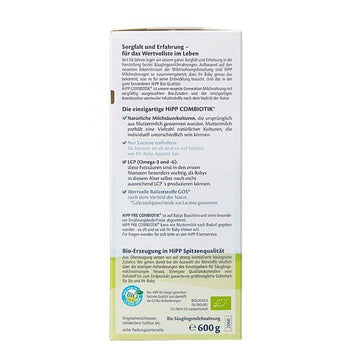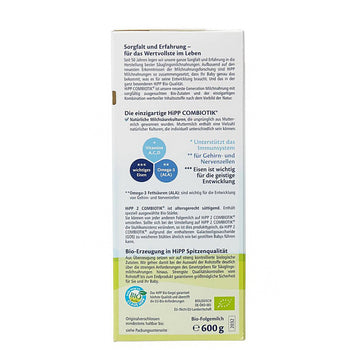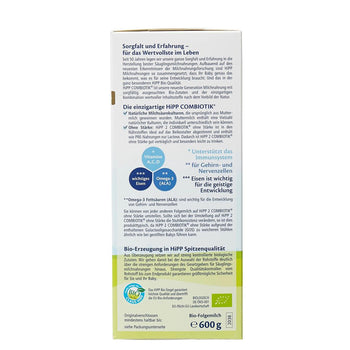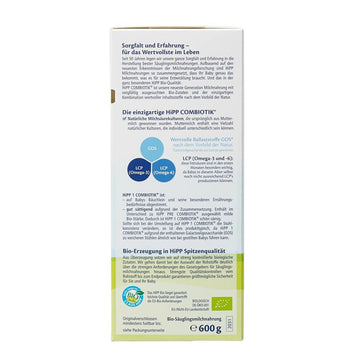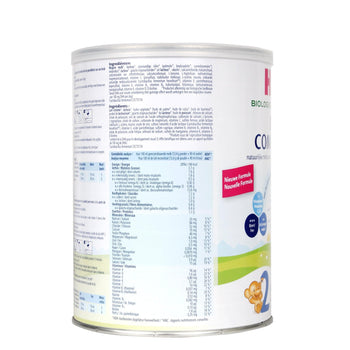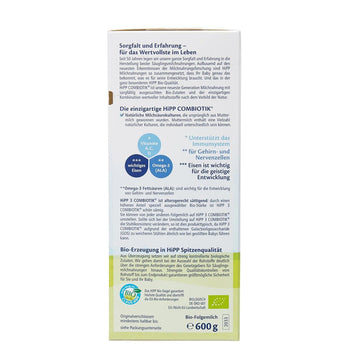Feeding is a major part of a baby’s early development, and one of the most eagerly awaited milestones by parents is when babies begin holding their own bottle. While each child develops at their own pace, understanding when and how this transition occurs can help caregivers prepare and encourage healthy, independent feeding habits.
Understanding the Developmental Timeline
Most babies begin to hold their own bottle between 6 to 10 months of age. However, this range is not set in stone. Some infants may achieve this skill as early as 4 months, while others may not until they are closer to 12 months. This variance depends on individual motor skill development, muscle strength, coordination, and interest.
At around 3 to 4 months, many babies start to develop the strength and coordination to grasp objects, a precursor to holding a bottle. By 6 months, as core strength and hand-eye coordination improve, babies may be able to guide a bottle to their mouth and maintain grip during feeding.
Key Milestones That Influence Bottle-Holding
1. Improved Muscle Control and Grip Strength
The ability to hold a bottle is largely dependent on the baby’s gross and fine motor skills. Around 5 to 7 months, babies develop better grip strength, particularly the palmar grasp, which allows them to wrap their fingers around cylindrical objects like bottles.
2. Hand-Eye Coordination
Holding and guiding a bottle to the mouth requires significant hand-eye coordination, which typically develops between 4 to 7 months. Babies begin reaching for objects with purpose, and by 8 to 9 months, many can accurately direct items to their mouth.
3. Interest in Independence
Babies also show behavioral readiness by demonstrating interest in feeding themselves. They might reach for the bottle during feedings, try to mimic parental movements, or become more assertive during mealtimes.
Signs Your Baby Is Ready to Hold Their Own Bottle
Look for the following cues to know if your baby is ready to start holding their own bottle:
-
Reaches for the bottle during feedings
-
Grasps toys and brings them to their mouth
-
Can sit with minimal support
-
Exhibits longer attention spans during feeding
-
Pushes bottle away when full or disinterested
If these behaviors are consistently observed, your baby is likely ready to begin practicing independent bottle feeding.
How to Encourage Your Baby to Hold a Bottle
Use Lightweight, Easy-to-Grip Bottles
Select baby bottles with ergonomic shapes or handles designed for small hands. Lightweight bottles with a textured surface can help improve grip and reduce frustration during practice.
Practice During Playtime
Offer your baby empty bottles or soft toys shaped like bottles during playtime. This helps them become comfortable with holding and maneuvering similar objects before actual feeding.
Support the Transition Gradually
Initially, place your hands over your baby’s hands while feeding to guide them in holding the bottle. Gradually reduce your support as their grip strengthens.
Offer Praise and Positive Reinforcement
Encourage every attempt, even if brief or clumsy. Babies respond well to positive reinforcement, and consistent encouragement can boost their motivation to try again.
When to Step Back and Let Baby Take Control
By the time babies reach 8 to 10 months, many show greater independence. At this stage, parents can begin offering the bottle and observing whether the baby wants to hold it. If your child reaches for it and attempts to feed themselves, allow them to try—even if they don’t succeed right away.
However, it's important not to rush this milestone. Prematurely forcing a baby to hold their bottle can lead to frustration, feeding aversion, or choking risks. Always supervise your baby during bottle feeding, regardless of their skill level.
What If My Baby Isn’t Holding Their Bottle Yet?
It’s completely normal if your baby hasn’t reached this milestone by 10 or even 12 months. Some babies simply prefer the comfort and closeness of parent-led feeding, especially during sleepy or comforting moments.
However, if your child shows no interest in grasping or manipulating objects by 9 to 10 months, or if they are missing multiple physical development milestones, it may be worth discussing with a pediatrician.
Safety Tips for Bottle Holding
-
Never prop a bottle: Leaving a baby unattended with a propped bottle increases the risk of choking and ear infections.
-
Always supervise feedings: Even if your baby can hold their bottle, always keep a watchful eye to ensure safe feeding practices.
-
Maintain proper bottle hygiene: Teach healthy habits early by cleaning bottles thoroughly and replacing worn nipples regularly.
-
Transition gradually to sippy cups: Around 12 months, pediatricians recommend weaning from bottles to sippy or straw cups to promote oral health.
Feeding Independence: A Step Toward Self-Sufficiency
When your baby begins holding their own bottle, it's a sign of growing self-sufficiency and cognitive development. They are learning that they can control their environment and meet their own needs, even in small ways.
Parents should see this moment not just as a convenience, but as a building block in their baby’s growth journey—one that fosters confidence and autonomy.
Frequently Asked Questions
Can I train my baby to hold a bottle earlier?
While you can encourage bottle-holding through play and gentle guidance, babies will hold their bottle when they are physically and developmentally ready. Pushing too early can backfire.
Is it okay if my baby skips this stage entirely?
Yes. Some babies go straight from parent-led bottle feeding to using a sippy cup, especially those who start solid foods earlier or breastfeed for longer periods.
What are signs my baby shouldn’t hold the bottle yet?
If your baby has poor head control, cannot sit with support, or lacks interest in objects, it’s best to wait. Continue offering support and consult your pediatrician if delays persist.
Final Thoughts
Every baby follows a unique path of development. While many begin holding their bottles around 6 to 10 months, others may need more time. Stay observant, supportive, and responsive to your baby’s needs. The milestone will come, and when it does, it marks another exciting chapter in your parenting journey.















